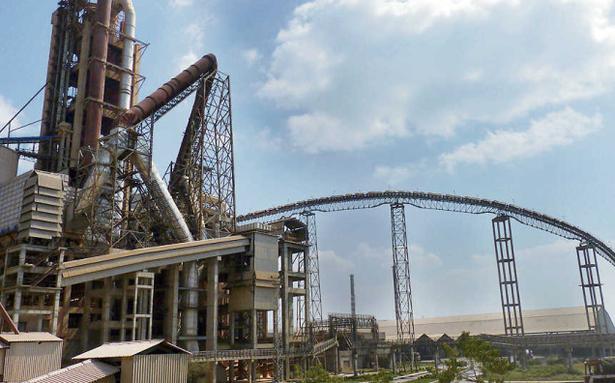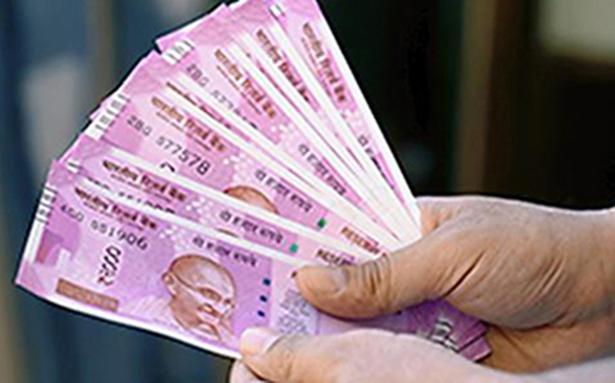Bengaluru
Dalmia-OCL, the refractories business of Dalmia Bharat Group, announced the merger of all of its domestic businesses under a single consolidated entity, Dalmia Bharat Refractories Limited (DBRL), the company announced on March 2.
“This would merge Dalmia Refractories Limited, Dalmia Cement Bharat Limited – Refractory Unit and GSB India – into Dalmia Bharat Refractories Limted with immediate effect,” it said in a statement.
Sameer Nagpal, MD and CEO of Dalmia Bharat Refractories said, “Our refractories business has been split into different companies resulting in the sharing of our financial, managerial and technical resources. This consolidation will result in a more centralized, efficient and robust management system with a stronger resource base going forward.”
“The consolidation was aimed at strengthening DBRL’s financial position, increasing its investment capacity, expanding its talent base and positioning the new company for its customers in the steel, cement and other high-temperature process industries,” the company said.
“The establishment of DBRL would enable the group to offer a broader portfolio of products and services, and also become an alternative supply source from China for steel, cement and non-ferrous manufacturers in international markets,” added Mr. Nagpal.
India’s refractories production is estimated at more than two million tons per year and the industry is worth ₹9,000 crore annually. The steel and cement industries are the largest consumers of refractories with a global average specific consumption of 15 kg per tonne for steel and 0.5 kg per milligram tonne for cement.
Refractory is a material that resists decomposition from heat, pressure, or chemical attack and retains its strength and shape at high temperatures. Manufacturing plants that perform operations such as smelting, firing, and related treatments use refractory materials in their linings. Most refractories are made of ceramic or other high temperature resistant materials designed to withstand extremely high temperatures (in excess of 1,000°F or 538°C) encountered in today’s production.




